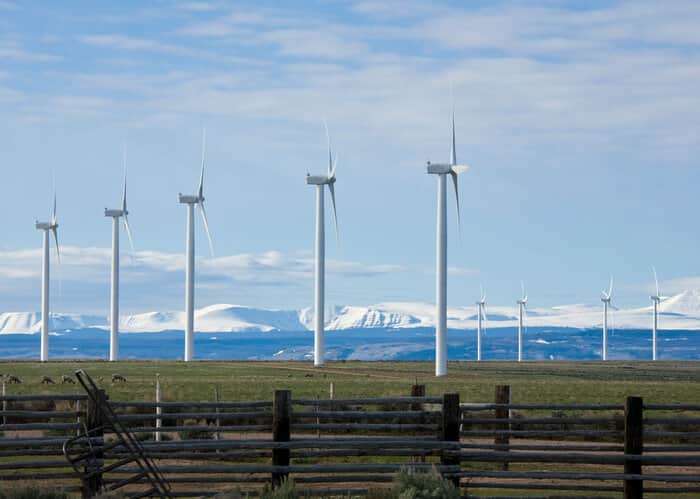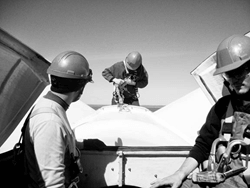Mesabi Range College and the University of Minnesota (UMN) have formed a new partnership in wind energy research, education and technology advancement. The goal of the partnership is to develop opportunities within Minnesota for future wind energy educators, technicians, engineers, business leaders and innovators.
The partnership will make use of the expertise and facilities of the Mesabi Range College's Wind Energy Technology Program in Eveleth, Minn., with UMN's newly formed Eolos Wind Energy Research Consortium in the Twin Cities.
Eolos is funded by an $8 million grant from the U.S. Department of Energy. With an addition $3.4 million in funds received from private-sector contributions, UMN has established a research and education consortium with a host of other universities, colleges, industry leaders and government agencies. A key component of Eolos is the creation of a new research field station where new wind technologies can be studied, tested and deployed.
The field station, located in Rosemount, Minn., is home to a new Clipper 2.5 MW wind turbine and a 420-foot-tall meteorological tower, which will be used in research on foundations, structural aspects of the turbine tower and blades, aerodynamics of blades, ice mitigation and other important topics. The Eolos turbine will also be used by both UMN and Mesabi to train students in climbing, safety, and operations and maintenance of utility-scale wind turbines.
Mesabi and UMN will work together in a number of areas, including the following:
- Involve Mesabi wind students in the regular maintenance and operation of the turbine alongside Clipper technicians;
- Compare data from Mesabi's wind turbine with UMN's wind turbine, and share research data and advanced curriculum associated with condition-based monitoring, as well as compare data from Mesabi's SODAR acoustic wind measurement instrument with the UMN's meteorological tower and LIDAR system; and
- Develop pathways for Mesabi wind energy technology students to transition into a four-year degree at UMN.
"The wind energy technology degree students learn to work with and troubleshoot actual large-scale wind turbine equipment in the campus wind lab and on field trips to Minnesota Power's Taconite Ridge Wind Energy Center," says Dan Janisch, wind energy technology program director. "Students learn a wide range of skills that will allow them to go on to further education or get a good job in manufacturing, construction, or operations and maintenance in the wind industry or in the broader power generation field."



